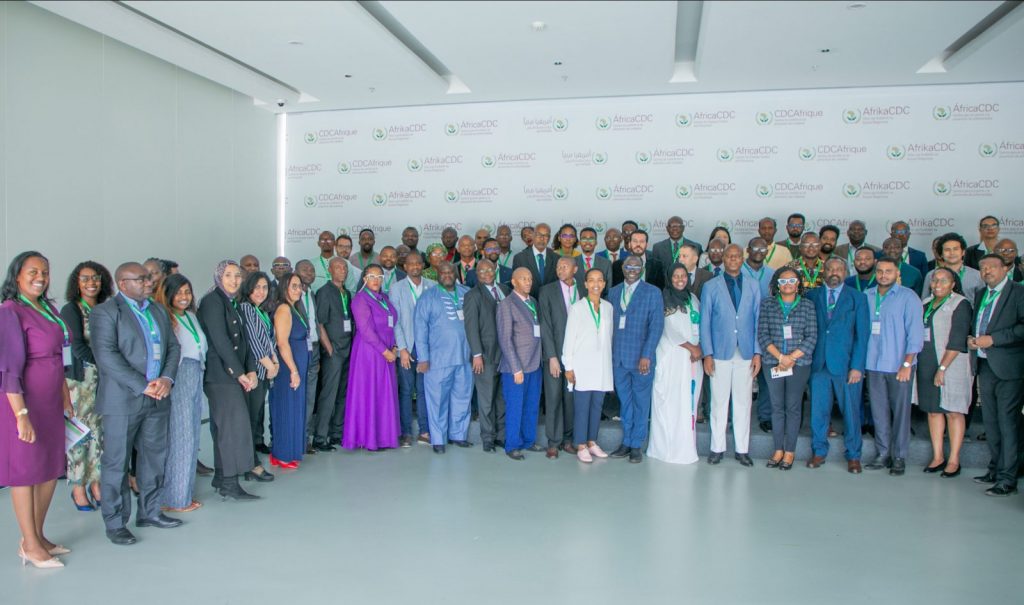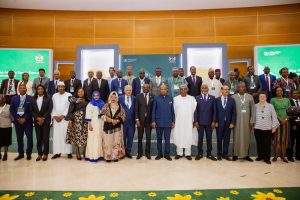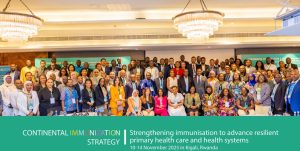Two new projects set to boost Africa’s competency in molecular detection of outbreaks on genomic surveillance and data sharing have commenced on the continent.
The Integrated Genomic Surveillance and Data Sharing Platform and Integrated Genomic Surveillance for Outbreak Detection were officially announced on 24 April.
“These projects are poised to strengthen laboratory detection and surveillance of emerging, re-emerging, and endemic diseases, as well as antimicrobial-resistant pathogens in Africa,” said Dr Jean Kaseya, Director General of the Africa CDC.
“The increasing number of outbreaks is driven by complex ecological, climatic, political, economic, and social factors, all of which are becoming more exacerbated on our continent,” he said.
“In the face of ongoing global health challenges…Fortifying multi-pathogen molecular detection and sequencing capabilities in the African Union is essential for global health security,” said Laurent Muschel, Acting Director General of the European Commission Health Emergency Preparedness and Response Authority (HERA).
The Africa CDC, HERA, the European Health and Digital Executive Agency, the African Society for Laboratory Medicine and the Africa Public Health Foundation are collaborating in the projects. Together with our partners, we’re building a collaborative network that strengthens our ability to respond to health threats in Africa.
The European Union-funded projects feed into the Africa Pathogen Genomics Initiative (Africa PGI 2.0) which, is a transition from emergency response to building an optimized, resilient, and integrated molecular diagnostic and genomic surveillance ecosystem.
Nqobile Ndlovu, Chief Executive Officer of ASLM, said the launch of the two projects is pivotal in devising scalable and sustainable approaches for integrating molecular diagnostics and sequencing within Africa’s routine surveillance structures.
“We are eager to collaborate with the Africa CDC and HERA to strengthen laboratory systems ensuring effective responses to current and future health threats,” Ndlovu said.







